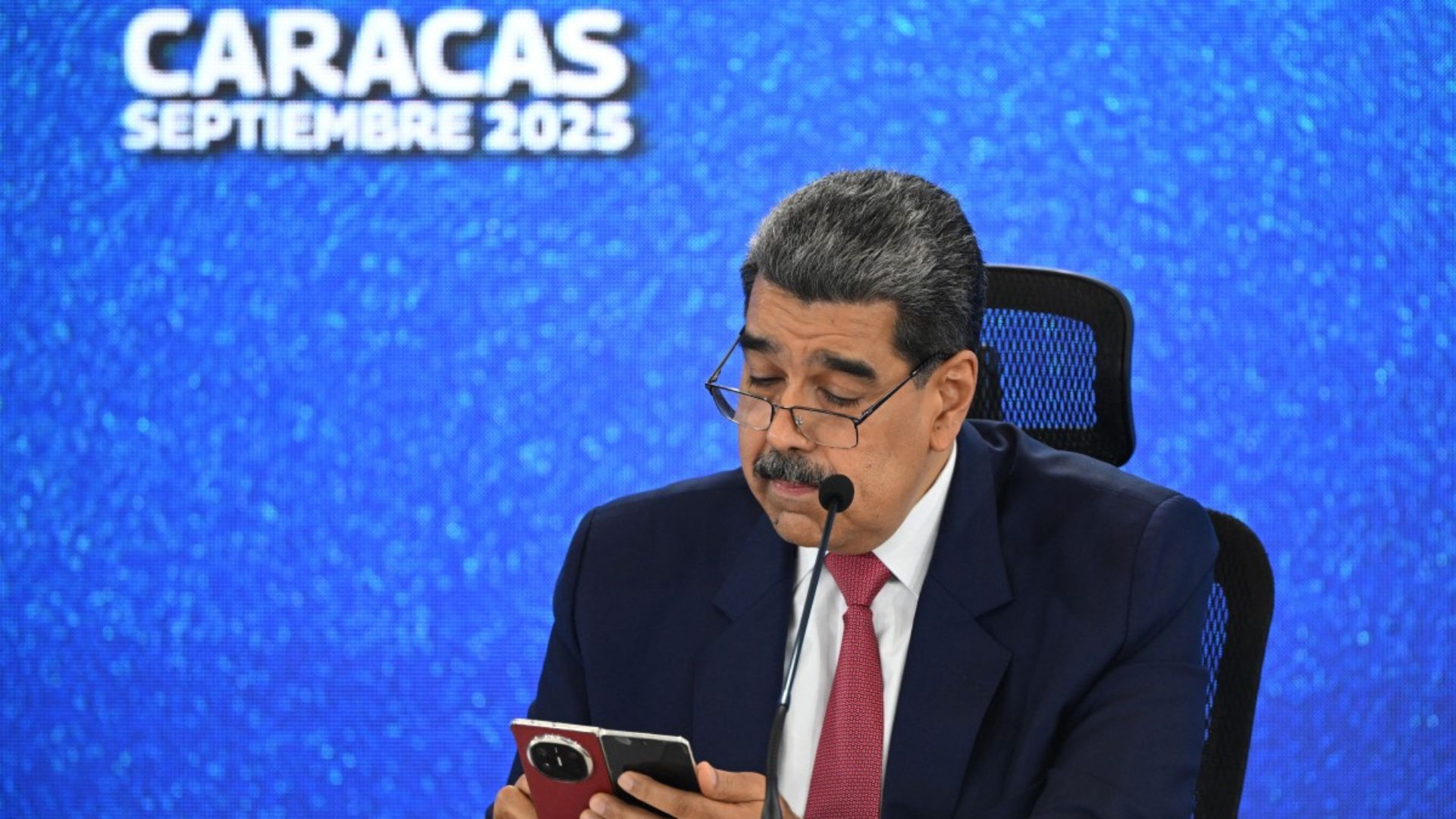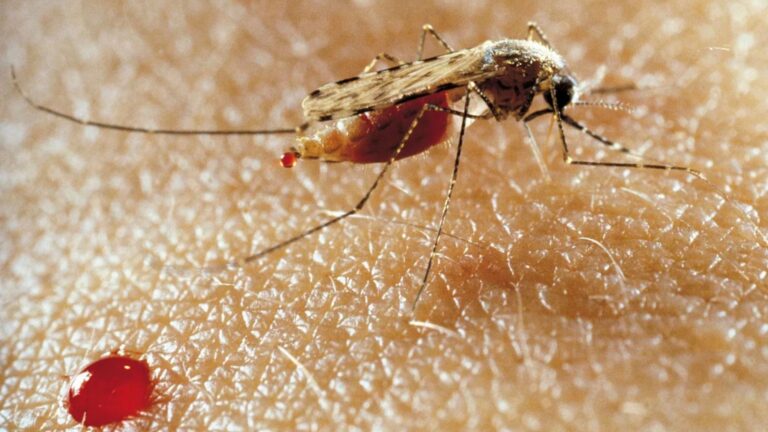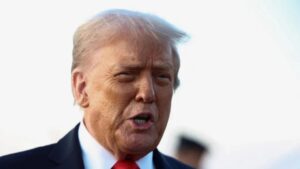
Venezuelan President Nicolás Maduro declared on Monday that his country’s relationship with the United States is “completely broken”, condemning recent American military actions as outright “aggression” rather than mere diplomatic tensions. The escalation came as President Donald Trump announced a second deadly strike against an alleged Venezuelan drug vessel, killing three people and further straining already fractured bilateral relations.
Trump confirmed on Monday that U.S. military forces struck another boat allegedly carrying drugs from Venezuela in international waters, killing three individuals he described as “narcoterrorists.” In a Truth Social post accompanied by explosive footage, Trump stated the strike targeted “extraordinarily violent drug trafficking cartels” that posed threats to U.S. national security.
The attack occurred two weeks after the first U.S. strike on September 2, which killed 11 people aboard what the administration claimed was a Venezuelan gang-operated vessel. Secretary of State Marco Rubio defended the controversial strikes during a Fox News interview, claiming “100 percent fidelity and certainty” about the boats’ drug trafficking activities.
Trump Orders Second Deadly Strike
Trump provided what he claimed was evidence of drug cargo scattered across the ocean following the strike. “All you have to do is look at the cargo that was spattered all over the ocean—big bags of cocaine and fentanyl all over the place,” he told reporters at the Oval Office. However, independent verification of these claims remains unavailable.
Rubio aggressively defended the military action, stating that “What needs to start happening is some of these boats need to get blown up,” and asserting that maritime drug trafficking had “dropped dramatically” since the initial missile strike. The administration has not provided concrete evidence supporting its claims about the vessels’ drug trafficking activities.
Legal experts have raised concerns about the strikes’ compliance with international law, particularly regarding extrajudicial killings in international waters. Senator Jack Reed, the top Democrat on the Senate Armed Services Committee, condemned the strikes as an “outrageous violation of the law.”
Maduro Declares Relations ‘Completely Broken’
At a press conference in Caracas surrounded by military officials, Maduro characterized the U.S. actions as systematic aggression across multiple fronts. “This isn’t tension. It is aggression all down the line — a judicial aggression when they criminalize us, a political aggression with their daily threatening statements, a diplomatic aggression and an ongoing aggression of military character,” Maduro said.
He branded Rubio the “lord of death and war” and declared that communications with the Trump administration had been “thrown away” due to Washington’s “threats of bombs, death and blackmail.” The Venezuelan president accused the United States of attempting to provoke a “major war” with the ultimate goal of “regime change for oil.”
Maduro emphasized that Venezuela would “fully” assert its “legitimate right to defend itself” against what he characterized as unprovoked American aggression. The deteriorating diplomatic situation has effectively ended any remaining channels of communication between the two governments.
Military Buildup Fuels Escalation
The crisis has intensified since Trump deployed eight warships to the Caribbean near Venezuela last month, part of what the administration describes as anti-cartel operations. The U.S. has doubled its bounty for Maduro’s capture to $50 million, accusing the leftist leader of heading a cocaine trafficking cartel.
In response, Venezuela has deployed 25,000 troops to its borders and coastline while mobilizing civilian militias for potential conflict. Following the September 2 strike, Venezuela flew two F-16 fighter jets over a U.S. Navy destroyer, prompting Trump to warn that the U.S. would shoot down Venezuelan aircraft that “put us in a dangerous situation.”
Venezuela has also accused U.S. forces of illegally boarding a fishing vessel over the weekend, calling it a “direct provocation” aimed at justifying regime change. The Venezuelan Foreign Ministry claimed the incident was designed to escalate tensions and provide pretext for military intervention.












